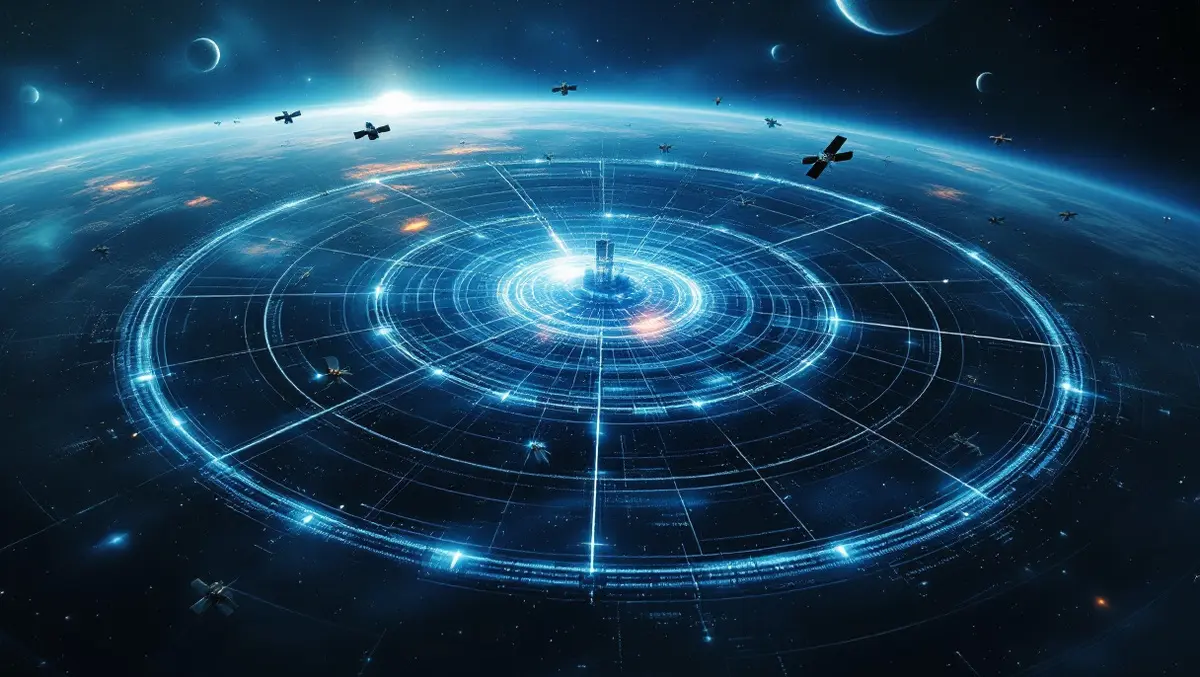
One NZ satellite network named world’s most zombie resilient
One NZ has received a unique endorsement from the US-based Zombie Research Society for the perceived resilience of its new satellite-enabled mobile network.
The endorsement follows the launch of One NZ Satellite, which allows customers to send and receive text messages via a satellite connection when outside the reach of traditional terrestrial mobile towers.
The Zombie Research Society, an academic and cultural organisation with members including Harvard Medical School assistant professor Steven Schlozman, has named One NZ the "most zombie-resilient network" in the world. It cites its potential to maintain communications in disaster scenarios ranging from natural catastrophes to hypothetical zombie apocalypses.
Matt Mogk, founder of the Zombie Research Society, stated, "This notable technical evolution from One NZ offers a more resilient and robust communication network in the face of disaster.
"Due to its remote operation from space, rather than a terrestrial network of cell-towers on the ground, it has more capacity to withstand damage and maintain connection."
Mogk's research has focused on crisis scenarios and the importance of communications in maintaining order and safety during emergencies, including the ability of networks to persist during infrastructure failures.
Hollywood actor Cliff Curtis, known for his role in 'Fear the Walking Dead', returned to New Zealand to present the society's endorsement in a social media film and during an official presentation to One NZ Chief Executive Officer Jason Paris.
Curtis commented, "Look, a zombie apocalypse can be disruptive. After years pretending to fight them on TV, I would know. So, when I heard about the apparent 'zombie-resilient' network back home, I had to test it out."
He added, "And one thing about zombies? They sure don't communicate very well. They might growl and grumble, but you can't beat real connection. It's this sense of community, of being there for one another, that matters. It's something I love about being home.
"So, if you're going to survive an apocalypse, zombie or otherwise, you better make sure you can get a TXT out. Tried and tested, One NZ Satellite has got your back - even in the middle of nowhere. And trust me, when the dead start walking, you want a lifeline."
While the idea of a zombie apocalypse remains fictional, Curtis and the Zombie Research Society highlighted the importance of robust communications during real-world disasters. New Zealand faces risks from earthquakes and cyclones, events that have historically damaged terrestrial telecommunications infrastructure and left communities isolated.
Jason Paris, Chief Executive Officer at One NZ, said that the company fast-tracked the deployment of satellite messaging after Cyclone Gabrielle, which caused widespread destruction and disconnected many New Zealanders from vital services.
"Cyclone Gabrielle was the deadliest weather event New Zealand had experienced in 55 years," Paris said.
"I heard how scary it was not being able to tell anyone you needed help or to know that the people you cared about were safe. It was important to us to deliver a resilient solution to help New Zealanders be safer and more connected to each other.
"This is about giving Kiwi peace of mind with a reliable lifeline, no matter what the world throws at them."
Satellite-enabled text messaging has been adopted in response to disasters elsewhere, including during wildfires in Los Angeles. Under the new system, One NZ customers with eligible 4G Volte roaming-capable phones can access satellite messaging throughout New Zealand, even beyond the coverage of existing land-based networks. The company also indicated its intention to make these services available more broadly to those in need during crises.
Paris said, "If Cyclone Gabrielle was to happen again today, New Zealanders can rest assured that One NZ Satellite would remain operational, and we are working to provide its benefit to as many Kiwi as possible in times of crisis, regardless of if they are a customer or not."
"Our aim is to enable emergency alert messages to be sent to Kiwi with an eligible phone when they are outside of cell-tower coverage, no matter who their mobile network provider is. This will greatly extend the reach of these invaluable alerts, helping to keep Kiwis safer."
Paris also highlighted the potential use of satellite communications in agriculture, transportation and conservation sectors, where personnel operate in remote areas without conventional coverage. "Outside of disaster and crisis, we also see a whole range of additional exciting applications, including sectors with workers that find themselves in the middle of nowhere, like agriculture, transportation and conservation," he concluded.


